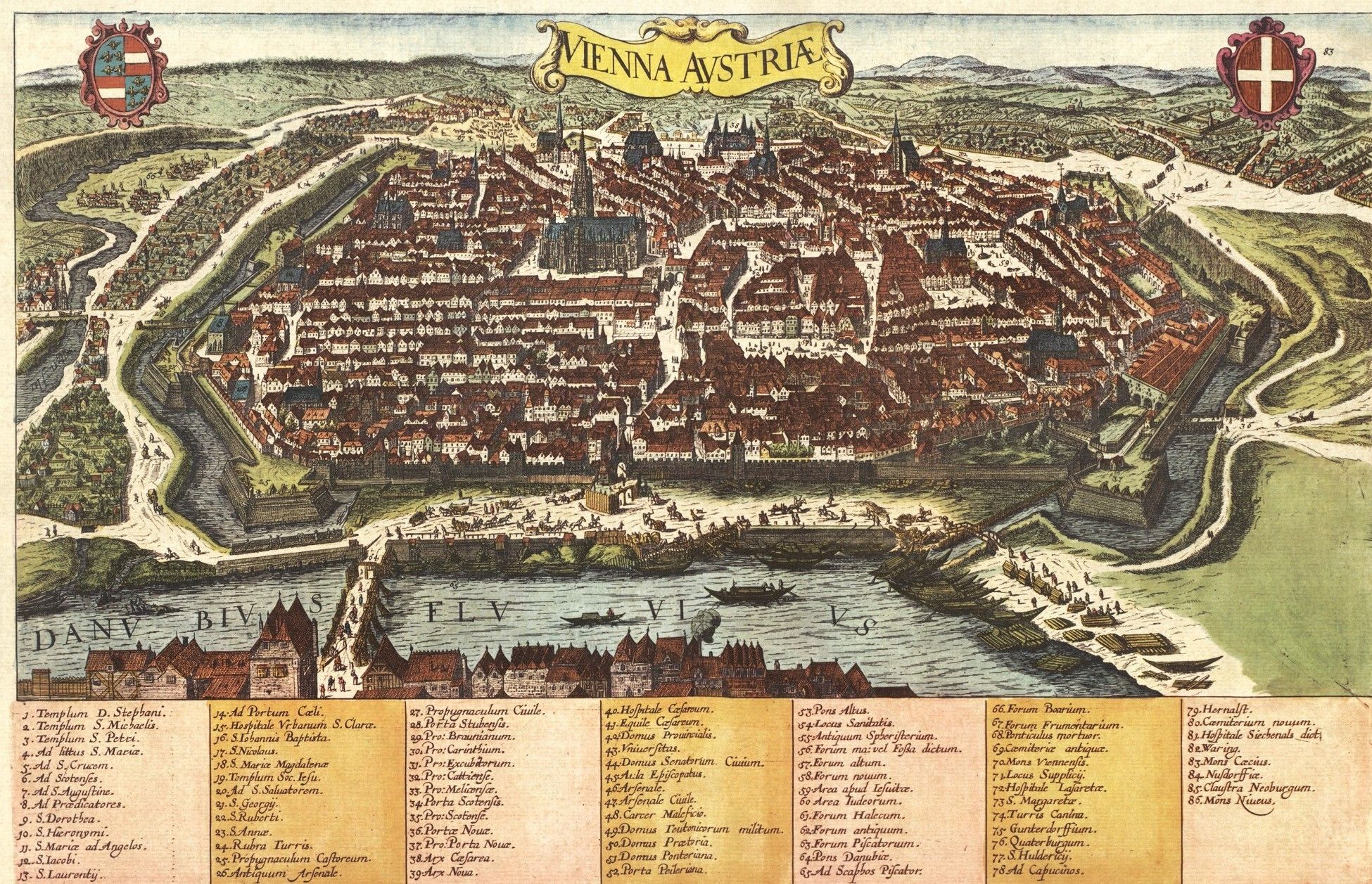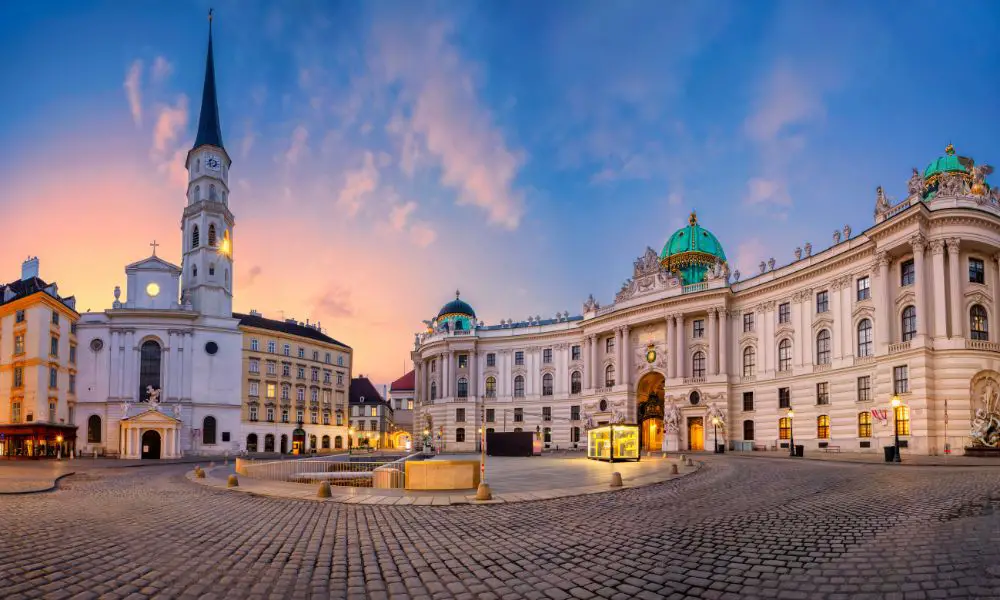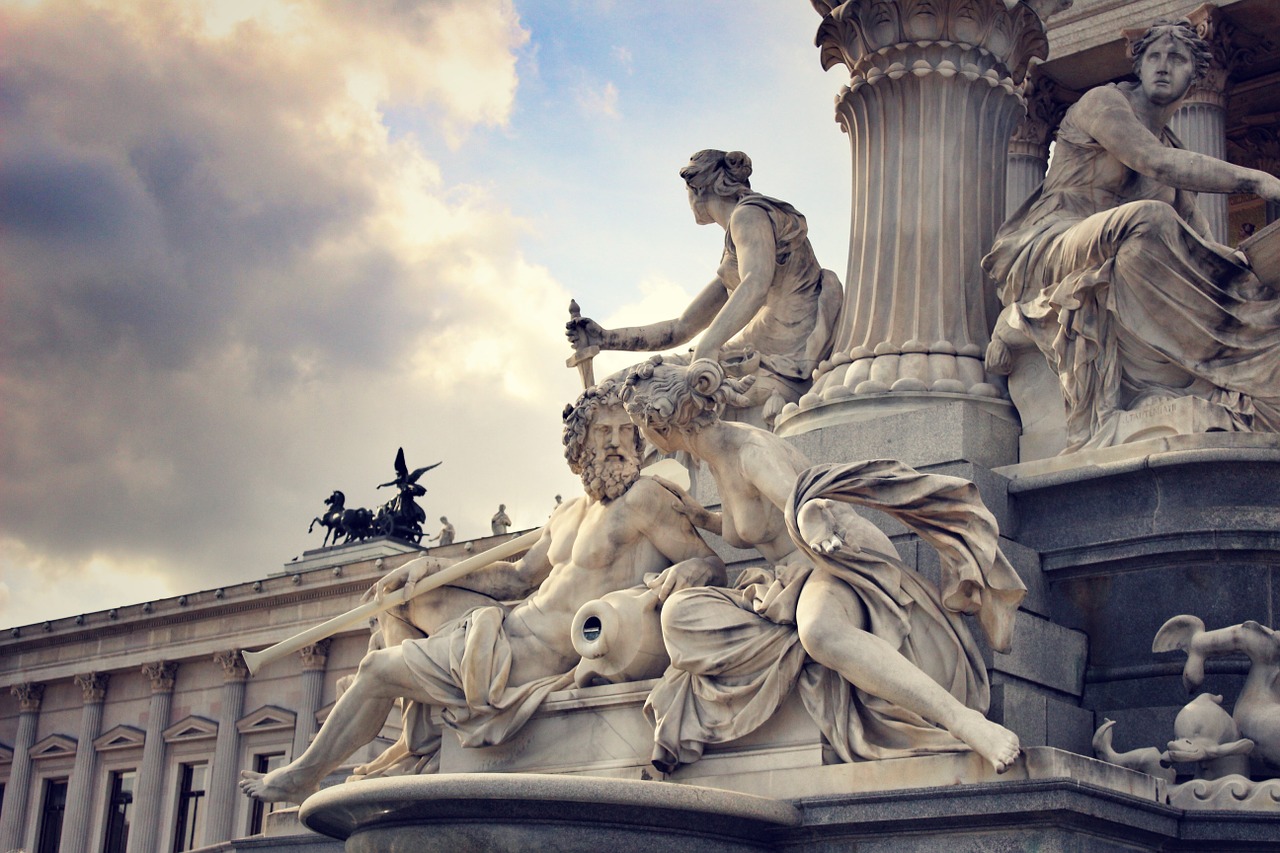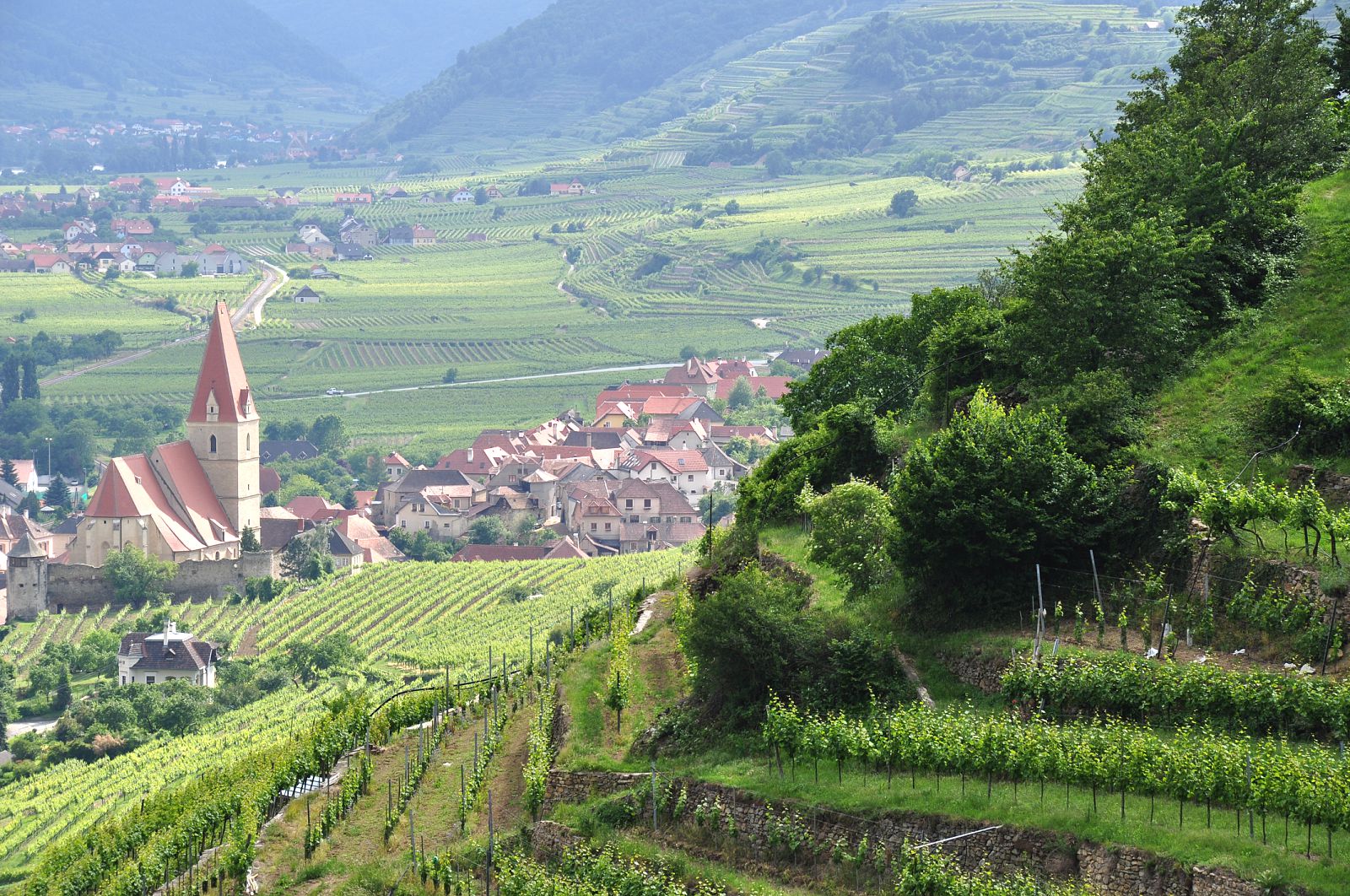Vienna: A Crossroads of European History and Culture
Related Articles: Vienna: A Crossroads of European History and Culture
Introduction
With great pleasure, we will explore the intriguing topic related to Vienna: A Crossroads of European History and Culture. Let’s weave interesting information and offer fresh perspectives to the readers.
Table of Content
Vienna: A Crossroads of European History and Culture

Vienna, the capital of Austria, holds a prominent place in the tapestry of European history and culture. Situated on the banks of the Danube River, the city has long been a nexus of trade, diplomacy, and artistic expression. Understanding Vienna’s significance necessitates examining its location within the broader European map.
Vienna’s Position in Europe:
Vienna occupies a strategic location in Central Europe, acting as a bridge between Eastern and Western Europe. Its position has been instrumental in shaping its history and character.
- A Gateway to the East: Vienna’s location on the Danube River facilitated trade routes connecting the Mediterranean to the Black Sea and beyond. This strategic position made Vienna a crucial hub for commerce and cultural exchange, attracting merchants and travelers from various parts of Europe and beyond.
- A Hub of Power: Vienna’s strategic importance also attracted powerful empires. The Habsburg Dynasty, one of Europe’s most influential families, established Vienna as their capital in the 13th century. The city became a center of power and influence, playing a significant role in European politics and diplomacy for centuries.
- A Meeting Point of Cultures: Vienna’s location at the crossroads of Europe led to a rich cultural blend. Over the centuries, the city has absorbed influences from various cultures, including German, Slavic, Hungarian, and Turkish. This melting pot of cultures has contributed to Vienna’s vibrant artistic scene and its unique identity.
Vienna’s Historical Significance:
Vienna’s history is deeply intertwined with major European events and movements.
- The Habsburg Empire: The Habsburg Dynasty ruled over a vast empire for centuries, making Vienna a center of power and influence. During this period, the city witnessed significant developments in architecture, music, and literature.
- The Age of Enlightenment: Vienna became a hub of intellectual and cultural exchange during the Age of Enlightenment. Thinkers like Mozart, Haydn, and Beethoven flourished in Vienna, contributing to the city’s reputation as a center of classical music.
- The Rise of Nationalism: The 19th century saw the rise of nationalism across Europe, leading to the decline of the Habsburg Empire. Vienna, once a symbol of imperial power, became a focal point of political unrest and ultimately witnessed the empire’s demise in 1918.
- World War II: Vienna was occupied by Nazi Germany during World War II, suffering significant damage and experiencing the horrors of war. After the war, Vienna was rebuilt and became a symbol of hope and resilience.
Vienna’s Cultural Significance:
Vienna is renowned for its rich cultural heritage, encompassing music, art, architecture, and literature.
- The City of Music: Vienna is synonymous with classical music. The city was home to some of the greatest composers of all time, including Mozart, Haydn, Beethoven, Schubert, and Strauss. Vienna’s musical tradition continues to thrive today, with world-class orchestras and opera houses attracting audiences from around the world.
- Architectural Splendor: Vienna’s cityscape is a testament to its rich history and artistic heritage. The city boasts a stunning array of architectural styles, from the Baroque grandeur of the Hofburg Palace to the Art Nouveau elegance of the Secession building.
- Literary Legacy: Vienna has also been a significant center of literature. Writers like Franz Kafka, Stefan Zweig, and Arthur Schnitzler have made significant contributions to the city’s literary landscape.
Vienna’s Modern-Day Importance:
Vienna remains a significant city in the 21st century, playing a vital role in European politics, economics, and culture.
- A Diplomatic Center: Vienna is home to numerous international organizations, including the United Nations Office at Vienna and the Organization for Security and Co-operation in Europe (OSCE). The city continues to play a vital role in international diplomacy and conflict resolution.
- A Thriving Economy: Vienna is a major economic center, with a strong industrial base and a thriving service sector. The city is also a hub for research and development, attracting talent from across Europe and beyond.
- A Cultural Hub: Vienna continues to be a vibrant cultural center, attracting tourists and artists from around the world. The city hosts numerous cultural events, including concerts, operas, exhibitions, and festivals.
FAQs about Vienna:
Q: What is the best time to visit Vienna?
A: Vienna is a beautiful city to visit year-round. Spring and autumn offer pleasant weather and fewer crowds, while winter brings festive Christmas markets. Summer can be hot, but it’s a great time to enjoy the city’s outdoor spaces.
Q: What are some must-see attractions in Vienna?
A: Vienna offers a plethora of attractions, including the Hofburg Palace, Schönbrunn Palace, St. Stephen’s Cathedral, the Vienna State Opera, and the Belvedere Palace.
Q: How do I get around Vienna?
A: Vienna has an excellent public transportation system, including a comprehensive network of trams, buses, and underground trains. Walking is also a great way to explore the city center.
Q: What is the cost of living in Vienna?
A: Vienna is a relatively expensive city to live in, but it offers a high quality of life. The cost of living varies depending on your lifestyle and spending habits.
Tips for Visiting Vienna:
- Purchase a Vienna Pass: This pass provides free entry to many attractions and discounts on public transportation.
- Explore the city on foot: Vienna is a pedestrian-friendly city, and walking is a great way to experience its charm.
- Enjoy the coffee culture: Vienna is famous for its coffee houses, where you can relax and enjoy a traditional Viennese coffee.
- Attend a concert or opera: Vienna is a world-renowned center for classical music, and attending a concert or opera is a must-do for any visitor.
- Try traditional Viennese cuisine: Vienna offers a wide variety of culinary delights, including Wiener Schnitzel, Sachertorte, and Apfelstrudel.
Conclusion:
Vienna is a city steeped in history, culture, and charm. Its strategic location in Central Europe has made it a crossroads of trade, diplomacy, and artistic expression. From the grandeur of the Habsburg Empire to the brilliance of the Age of Enlightenment, Vienna has played a pivotal role in shaping Europe’s past and present. Today, Vienna remains a vibrant and influential city, attracting visitors from around the world who come to experience its unique blend of history, culture, and modern-day dynamism.








Closure
Thus, we hope this article has provided valuable insights into Vienna: A Crossroads of European History and Culture. We thank you for taking the time to read this article. See you in our next article!